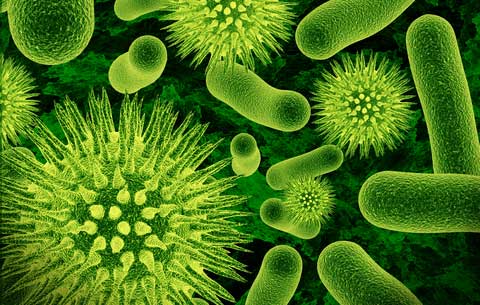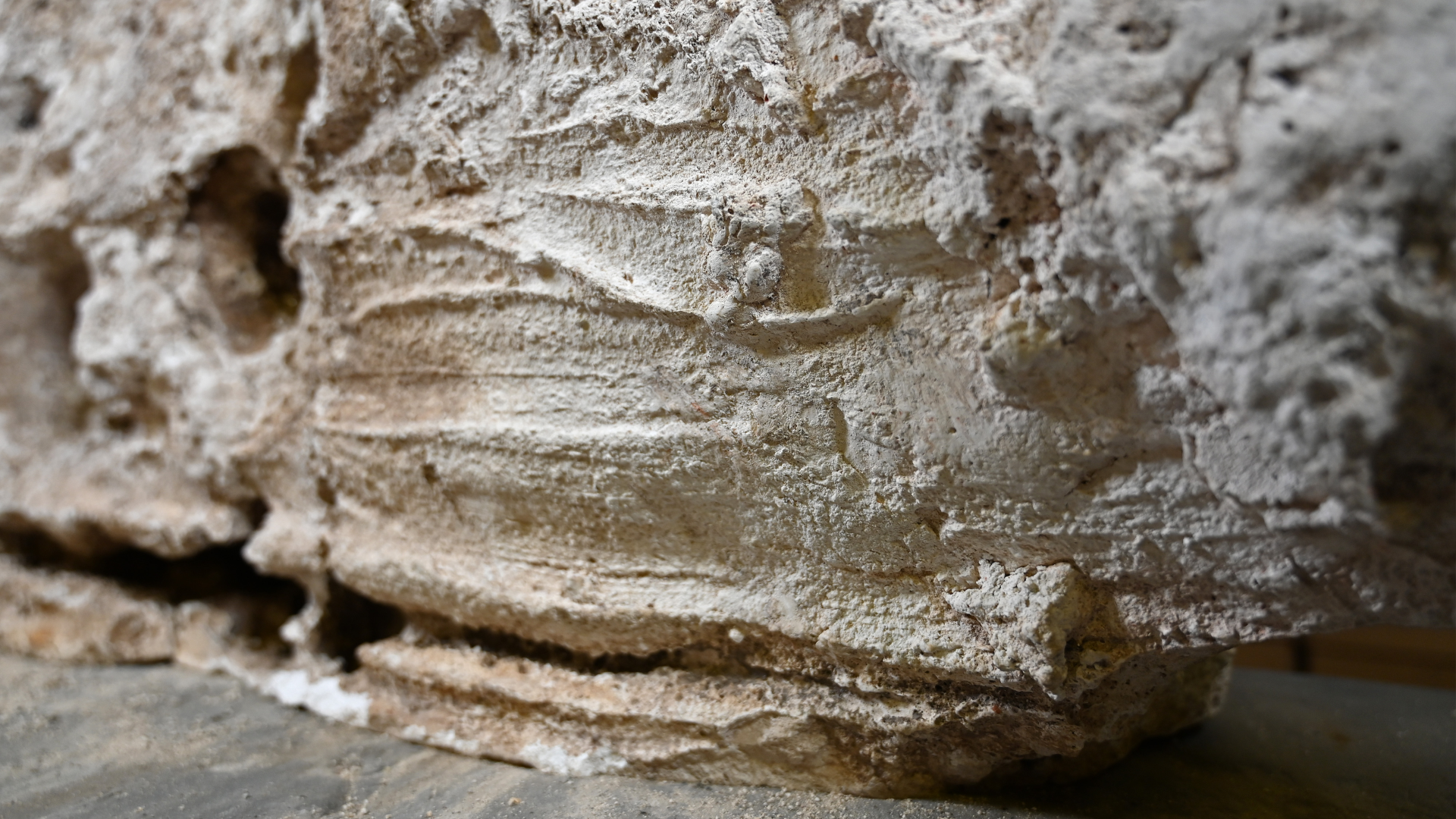Bacteria Causing 'Black Death' Likely Extinct, Study Finds

The bacteria that caused the Black Death, which wiped out millions in mid-14th century Europe, may be extinct, according to a new study.
Hoping to resolve some controversy regarding the cause of the Black Death, researchers examined more than 100 samples taken from bodies buried in London during that time.
"The Black Death was caused by the bacterium Yersinia pestis — the one responsible for current plague outbreaks. This settles the controversy surrounding the causative agent. Although we cannot rule out, at this stage, that there was another co-circulating strain," said study author Hendrik Poinar, a biological anthropologist at McMaster University in Ontario.
However, the genetic sequence of the bacteria in the London bodies differed from the sequences of modern versions of Y. pestis, suggesting that the strain responsible for the Black Death is likely extinct, the researchers said.
Plague genes
The bubonic plague, which is the infection that spread during the Black Death pandemic, persists in the world today. Small outbreaks emerge in the southwestern United States every few years, and in 2009, the Chinese government quarantined a town in Qinghai province for ten days after an outbreak there.
But differences between plagues has led some to speculate that the Black Death was the result of an agent other than Y. pestis bacteria, with some even saying it more closely resembled infections of the Ebola virus, based on historical descriptions.
Get the world’s most fascinating discoveries delivered straight to your inbox.
The researchers found that people who died during the Black Death had genes of Y. pestis, while the bodies of people who had died earlier nearby lacked these genes.
"I think it's an elegant study and it's very intriguing," Dr. Howard Markel, a medical historian at the University of Michigan, said of the study. "It's really neat, really hard to do, but there were millions who succumbed to the black plague." The 109 bodies examined in the new study represent "a small slice," he said.
Poinar agreed that the new study cannot account for all plague infections. "The follow-up is clearly to get more plague genomes, from other outbreaks, to compare them across both space and time," he told MyHealthNewsDaily.
Forensics goes medieval
The study helps show that speculation on the causes of past ailments can be put to rest, said Markel, who has written extensively on the Black Death. In this case, he said, he and others can breathe a sigh of relief that their conclusion has been confirmed.
"Before all these disease techniques, you were never proven wrong," he said.
Poinar said he hopes future research in the area will shed light on how the modern incarnations of the bacteria spread and infect people. Some DNA segments in the ancient and modern strains "were identical to some circulating strains today, meaning that we cannot, from this stretch of DNA alone, make any claims as to difference in epidemiology between current and ancient strains."
"This technology will allow for the entire genome to eventually be sequenced down the road, and that may shed light on the differences between past and present epidemics," Poinar said.
But Markel expressed some skepticism at the ability of such research to curb present epidemics entirely.
"We never really conquer germs, we just wrestle them to a draw at best," he said.
Pass it on: The bacteria strain that caused the Black Death is likely extinct, but its modern relatives continue to cause bubonic plaque outbreaks.
This story was provided by MyHealthNewsDaily, a sister site to LiveScience. Follow MyHealthNewsDaily on Twitter @MyHealth_MHND. Find us on Facebook.



